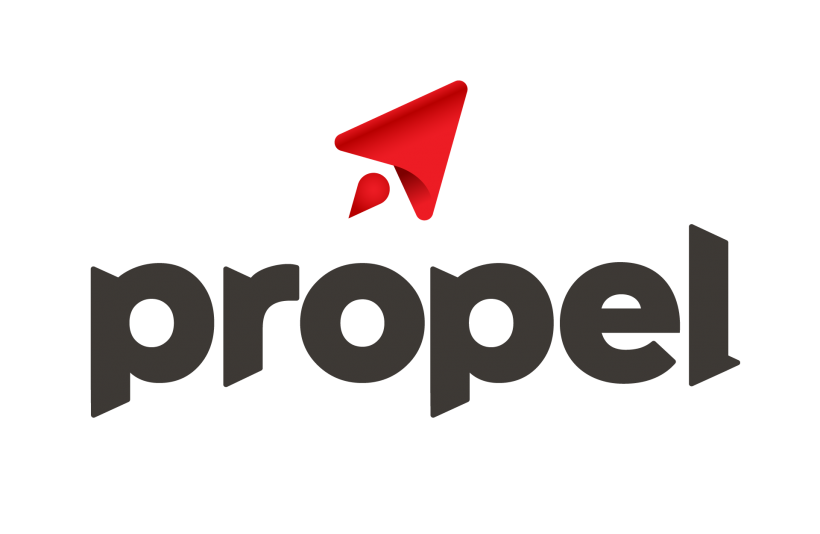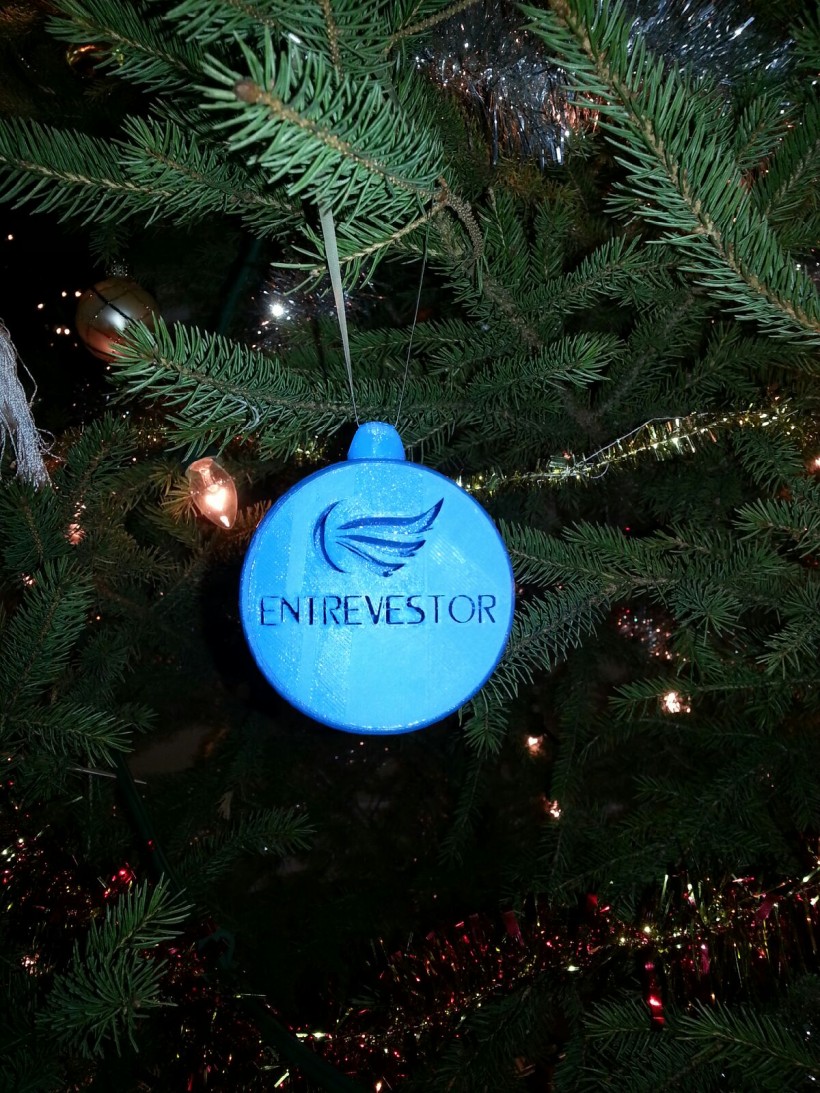Bounce Health Innovation, the organization supporting medtech companies in Newfoundland and Labrador, is enhancing its operations with a new full-time director and three years of funding.
The organization unveiled “Bounce 2.0” last week, in which Chandra Kavanagh, an expert in medical ethics, has been named the organization’s first director. She has created a schedule of events and programs while selecting an initial 14 companies for the organization to work with.
She is also devising a plan to make the organization self-sustaining once the three-year financing package expires in 2023.
“We are a creative and innovative accelerator,” said Kavanagh in an interview Monday. “We have similar programs to what incubators and accelerators offer throughout the country, though we do them in a different way. . . . Because we’re the new kid on the block, we’ve been able to adopt best practice from the others.”
Bounce began in 2018 when several groups – including the Newfoundland and Labrador Association of Technology and Innovation, or NATI, the Memorial Centre for Entrepreneurship, Genesis, and Eastern Health Authority – came together to develop life sciences companies. What stood out about Bounce from the get-go was the participation of Eastern Health, as it meant the medical community had a direct role in developing new products.
Now the partners are embarking on Bounce 2.0 with a director who can guide the programming and organize events. The initiative has received $799,872 in funding from the Atlantic Canada Opportunities Agency and $454,476 from the provincial government.
The initial 14 companies range from idea-stage teams to some that are already gaining traction. Bounce will soon hire an entrepreneur-in-residence to work with them.
NATI Hosts Innovation Week in NL
Kavanagh said the three pillars of Bounce 2.0 are: events around the province (including this week’s Health Innovation Summit); partnerships; and programs.
She listed four programs the group is launching:
- The Job-Shadowing Programs – These link entrepreneur and members of the medical community. They allow budding entrepreneurs, for example, to spend time with doctors or other medical professionals to understand their problems. These programs also let doctors or nurses visit the offices of startups to learn entrepreneurial methods.
- The Intern Program – This program provides entrepreneurial students with a stipend so they can focus on a medtech business instead of going through a work term.
- The Bounce Embryro Grant Program – This program provides idea-stage entrepreneurs with $5,000 to $15,000 so they can get their companies off the ground.
- The Certificate Program – Bounce will hold a series of regular workshops on the basics of such tasks as pitching or meeting investors. Participants who complete a certain number of workshops will receive a certificate.
Bounce is a collaborative organization, and Kavanagh noted that NATI’s involvement from its inception has ensured that both the medical and tech communities are involved in the development of the companies.
She also said the team is now examining ways the organization could be self-sustaining in three years. There is already some private funding for the initiative, she said, which shows the broader community understands the economic benefit of this initiative. Its events are already proving popular, and organizers are exploring ways to monetize them. And finally, Kavanagh said Bounce could bundle together a portfolio of its companies for investment, and find a way for those investments to help support its operations.
“I would love to imagine that we would have an investible portfolio of companies,” she said. “The more successful we can make our companies the more they would want to give back to Bounce.”










